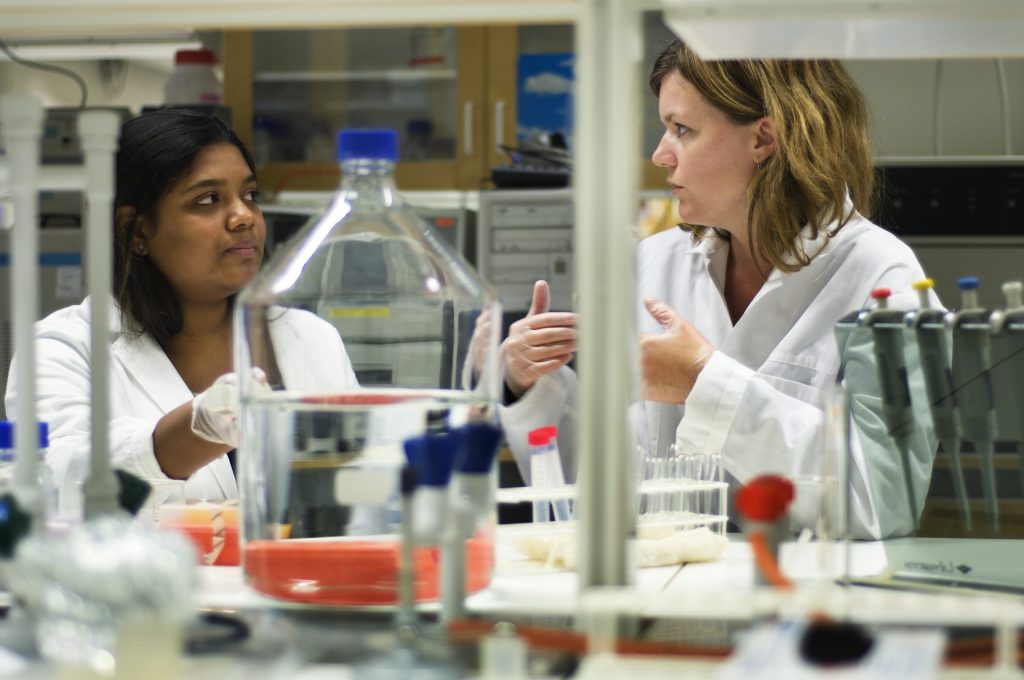
Professional development and ethics: what’s it all about?
If you have looked at the Translational Physiology and Pharmacology syllabus, you might have noticed that during the first semester there is a 5-credit course called Professional Development and Ethics. The title might leave you wondering what will be taught as part of this course, so here’s an overview about what we got up to during the 4-ish weeks.
The four topics
The course is meant to improve some of the so-called “soft skills” that come in handy in any potential career that you may choose in the future. The main focus was on 4 topics: leadership, entrepreneurship, communications and ethics. We covered both the theoretical background as well as some practical models or toolboxes on how to apply the new information. All four of these topics are important to any life scientist as they move forward in their careers and as such I encourage you to make the most of this opportunity as a master’s degree is not just to develop your scientific knowledge, but also other skills in an intentional way. This course is the right place to think about your individual strengths and weaknesses when it comes to these four areas and analyse your own actions and find ways to improve.
Case study
Each of the four parts finishes with a practical group exercise where we apply the knowledge to a specific real life case. The case is built around the idea that we as a group are a principal investigator (PI) working at KI who is at a crossroads in their career and research. We then have to consider different aspects and come up with a plan for what we’ll do next using the tools we got from lectures.

As this might change for the next years I won’t go into too much detail on the specifics, but essentially the case study is a more interesting way to apply all that we’ve learned in the previous parts. It also makes us think about what the job of a PI entails and if it’s something we would consider doing in the future.
My thoughts on the course
My favourite part was working on the real life case as that provided perspective on why it is important to learn the theory. Also as it was in a scientific context, it felt more relevant than just traditional examples from other parts of life that sometimes can feel very cliché and uninteresting. We also had a few guest speakers that talked about their personal experiences in their respective fields. These were a great addition as it again gave more context on what we should be focusing on and looking out for e.g. when looking to apply for PhDs or other jobs in research.
One aspect of the course that I hope will be improved is clearer guidelines on certain assignments as some of the initial instructions were somewhat confusing and we didn’t quite understand what was expected from us. I think this was also because the assignment was very different from putting together a scientific report, which we are more used to doing. But as this is the first time the course is organised, there are bound to be some changes that need to be made based on our feedback from this year.
I hope that this gives you a better idea on what to expect in this course and what to think about to get the most out of the content!

Karolina - Translational Physiology and Pharmacology
I am Karolina and I am a digital ambassador and a blogger for the Master’s Programme in Translational Physiology and Pharmacology here at KI. I was born and raised in Estonia, but for the past five years I have lived in the UK where I studied biomedical sciences with a focus on pharmacology. Outside of school I like baking with friends as well as doing water sports. When the weather starts to get warmer, I look forward to kayaking through Stockholm's world-famous archipelago.

0 comments